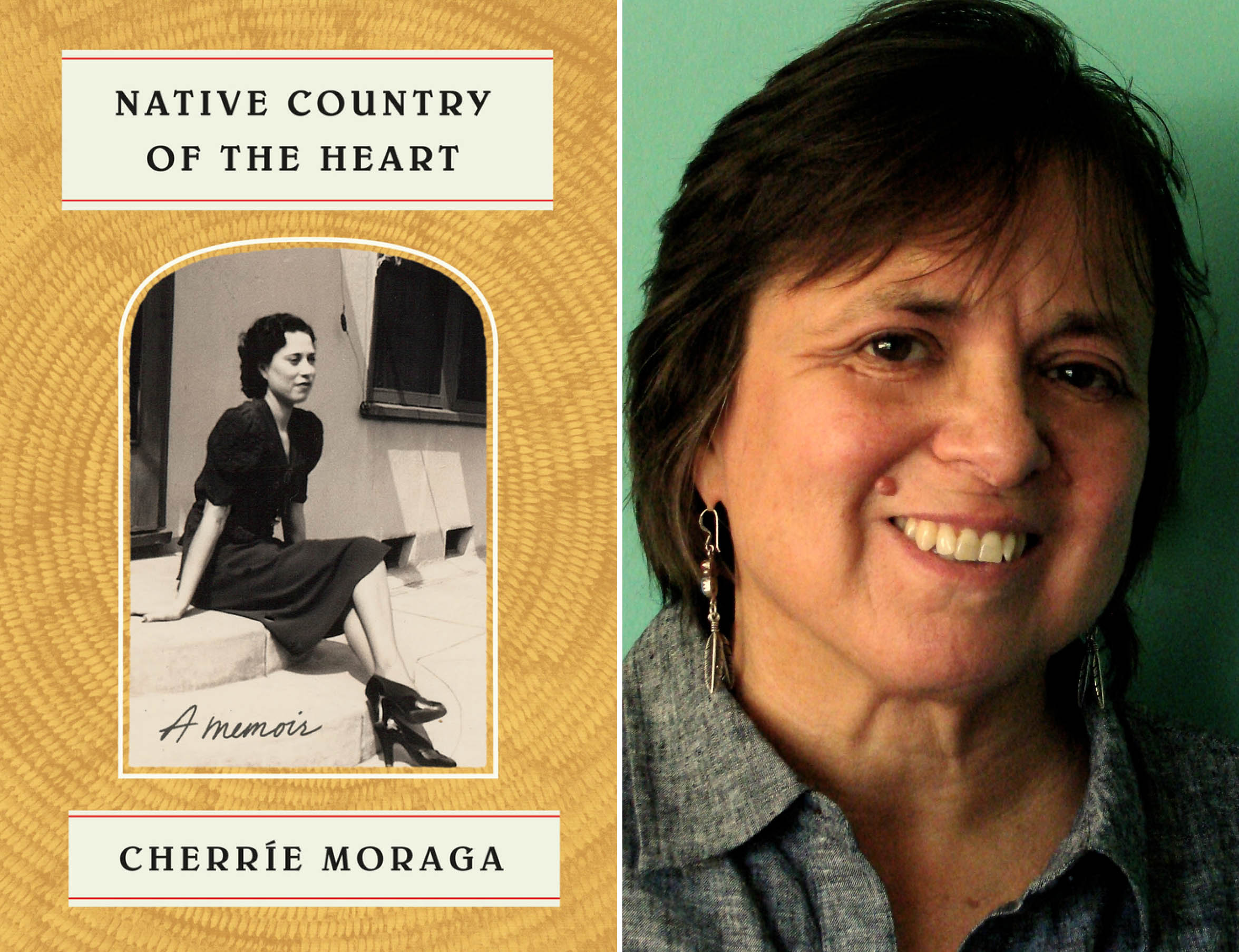Cherríe Moraga’s ‘Native Country of the Heart’
Memoir is Paean to Place, Identity, and Connection

At the center of Cherríe Moraga’s moving memoir, Native Country of the Heart, stands her diminutive but feisty mother, Elvira, the undisputed head of the household and the Moraga clan. The relationship between mother and daughter is complex, bound up with cultural expectations, the dictates of the Catholic Church, and the larger Anglo society of southern California in the early 1960s.
Moraga, a poet, playwright, educator, and longtime Chicana activist, weaves her coming out as a lesbian with her mother’s efforts to instill Mexican sensibilities in her children, the family’s rifts and travails, and a poignant account of Elvira’s last years as Alzheimer’s claims her mind and a broken hip her body. Moraga leaves her childhood home in the shadow of the San Gabriel Mountains to work, travel, and raise a family of her own, but she returns over and over, and in the returning discovers her indigenous roots and those of her mother. Mother and daughter share a sense of the presence of the mission and desert Indians. “Somehow,” Moraga writes, “the Indians buried beneath the tiled floor of that Old Mission Church were not strangers to me.”
As much as Native Country of the Heart is about Elvira’s life, the memoir is also a paean to place, identity, and connection to the past as a way to more fully inhabit the present.



